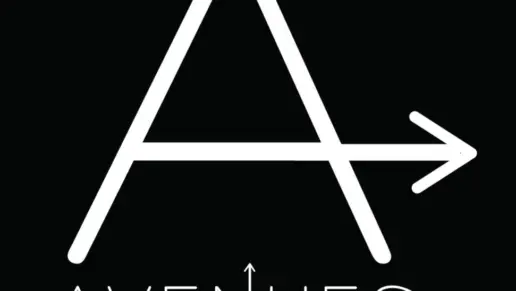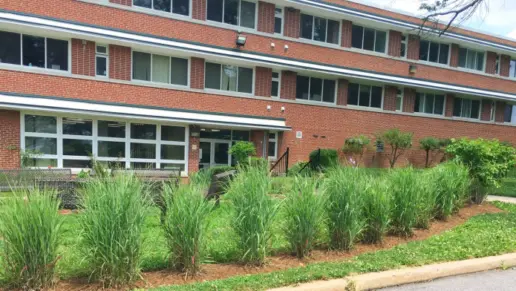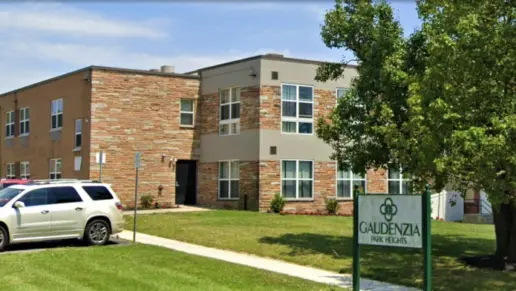This is a great place to introduce yourself in a recovery process. They saved my life and now I can say that I'm not an addict anymore, this is the best way to live.
About Tuerk House
Situated in Baltimore, Maryland, Tuerk House is a drug and alcohol rehab for adults with substance use disorders. They also provide valuable community resources, including referrals, crisis services, and DUI programs.
Addiction-related services at Tuerk House include mental health assessments, counseling, detox, residential addiction treatment, outpatient programs, medication-assisted treatment (MAT), and peer support services.
Mental Health Assessment and Counseling
Mental health assessments help clinicians to evaluate an individual’s mental health and to develop an individualized treatment plan, which may involve individual, group, and family counseling.
Inpatient Detox
Withdrawal management supports individuals safely and comfortably detox from drugs and alcohol with the use of medication. Once stabilized, participants are referred to an inpatient or outpatient addiction treatment program.
Residential Addiction Treatment
Inpatient rehab involves a comprehensive assessment and individualized treatment plan, and evidence-based treatment. Program activities involve individual and group therapy, psychoeducation, skills development, peer support, and recovery meetings.
Outpatient Programs
Outpatient services are suited to individuals who need addiction treatment but have a support system in their community. Outpatient is available on a partial hospitalization basis (most days a week), intensive basis (three or four days a week), or outpatient (once or twice a week). Participants receive counseling, psychoeducation, recovery groups, and skills training.
Medication-Assisted Treatment (MAT)
MAT uses FDA-approved medications in combination with counseling for the treatment of opioid and alcohol use disorders. MAT is available on an outpatient basis.
Facility Overview
Rehab Score
Gallery
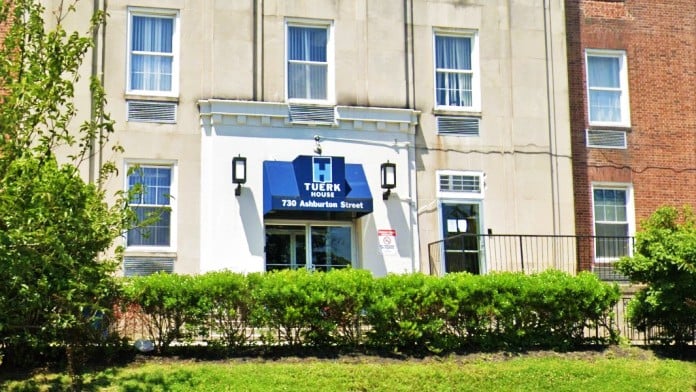
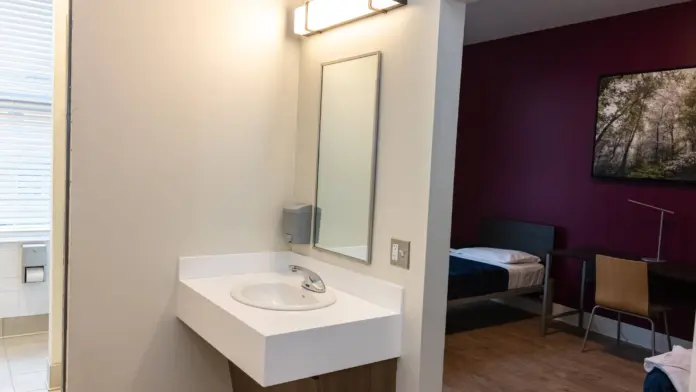
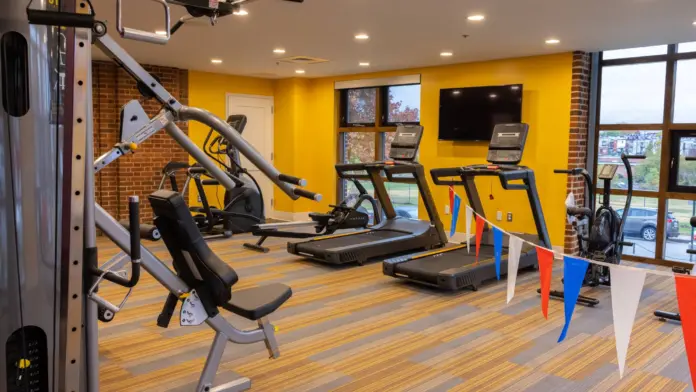
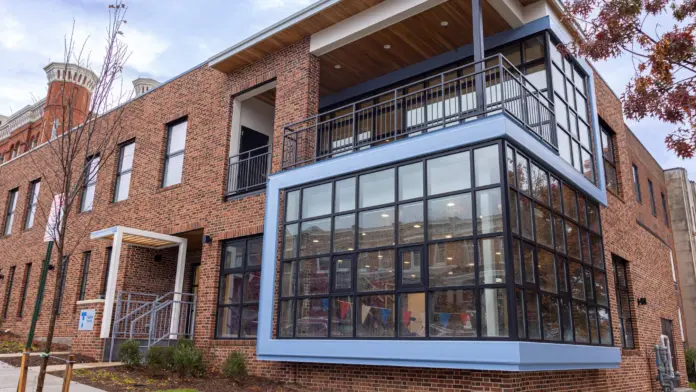
Location
Accepted Insurance
Other Forms of Payment
Medicaid is a state based program that helps lower-income individuals and families pay for healthcare. Medicaid covers addiction treatment so those enrolled can use their coverage to pay for rehab. When a program accepts Medicaid the client often pays very little or nothing out of their own pocket.
Private insurance refers to any kind of healthcare coverage that isn't from the state or federal government. This includes individual and family plans offered by an employer or purchased from the Insurance Marketplace. Every plan will have different requirements and out of pocket costs so be sure to get the full details before you start treatment.
Self-pay involves paying for treatment out of your own pocket. You can use savings or credit, get a personal loan, or receive help from family and friends to fund your treatment. If you don't have insurance or your insurance plan doesn't cover a specific program, self-pay can help ensure you still get the care you need.
Financial aid can take many forms. Centers may have grants or scholarships available to clients who meet eligibility requirements. Programs that receive SAMHSA grants may have financial aid available for those who need treatment as well. Grants and scholarships can help you pai for treatment without having to repay.
Sliding scale payments are based on a client's income and family size. The goal is to make treatment affordable to everyone. By taking these factors into account, addiction recovery care providers help ensure that your treatment does not become a financial burden to you or your family, eliminating one barrier to care.
Medicare is a federal program that provides health insurance for those 65 and older. It also serves people under 65 with chronic and disabling health challenges. To use Medicare for addiction treatment you need to find a program that accepts Medicare and is in network with your plan. Out of pocket costs and preauthorization requirements vary, so always check with your provider.
Addiction Treatments
Levels of Care
Treatments
The goal of treatment for alcoholism is abstinence. Those with poor social support, poor motivation, or psychiatric disorders tend to relapse within a few years of treatment. For these people, success is measured by longer periods of abstinence, reduced use of alcohol, better health, and improved social functioning. Recovery and Maintenance are usually based on 12 step programs and AA meetings.
Once a person has become addicted to a substance, drug rehab in Maryland is often necessary to overcome that addiction. These programs provide the tools individuals need to manage the physical, mental, and emotional issues involved and begin a successful recovery journey.
Opioid rehabs specialize in supporting those recovering from opioid addiction. They treat those suffering from addiction to illegal opioids like heroin, as well as prescription drugs like oxycodone. These centers typically combine both physical as well as mental and emotional support to help stop addiction. Physical support often includes medical detox and subsequent medical support (including medication), and mental support includes in-depth therapy to address the underlying causes of addiction.
Substance rehabs focus on helping individuals recover from substance abuse, including alcohol and drug addiction (both illegal and prescription drugs). They often include the opportunity to engage in both individual as well as group therapy.
Programs


Clinical Services
Group therapy is any therapeutic work that happens in a group (not one-on-one). There are a number of different group therapy modalities, including support groups, experiential therapy, psycho-education, and more. Group therapy involves treatment as well as processing interaction between group members.
Cognitive behavioral therapy in Maryland emphasizes your current life rather than what has happened in the past. Your therapist will help you develop methods to deal with current and future challenges so you can cope in healthy ways that don't involve substances.
Staff & Accreditations
Staff
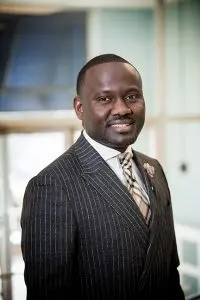
CEO
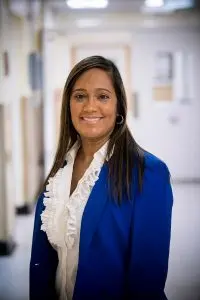
COO
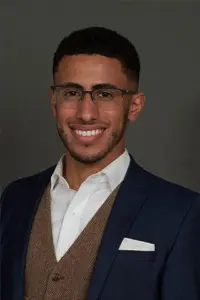
Director of Finance
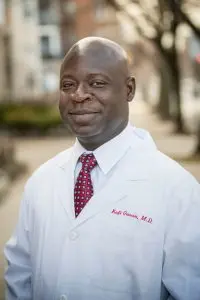
Medical Director
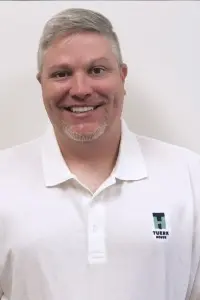
Director of Fund Development
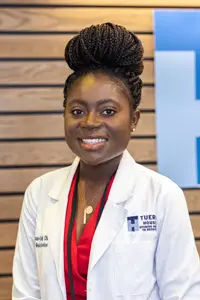
Director of Medical Services
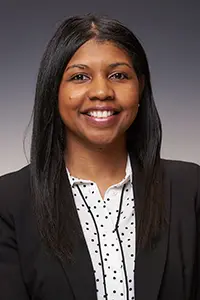
Director of Clinical Services
Accreditations

The Joint Commission, formerly known as JCAHO, is a nonprofit organization that accredits rehab organizations and programs. Founded in 1951, the Joint Commision's mission is to improve the quality of patient care and demonstrating the quality of patient care.
Joint Commission Accreditation: Yes
Contact Information
730 Ashburton Street
Baltimore, MD 21216




